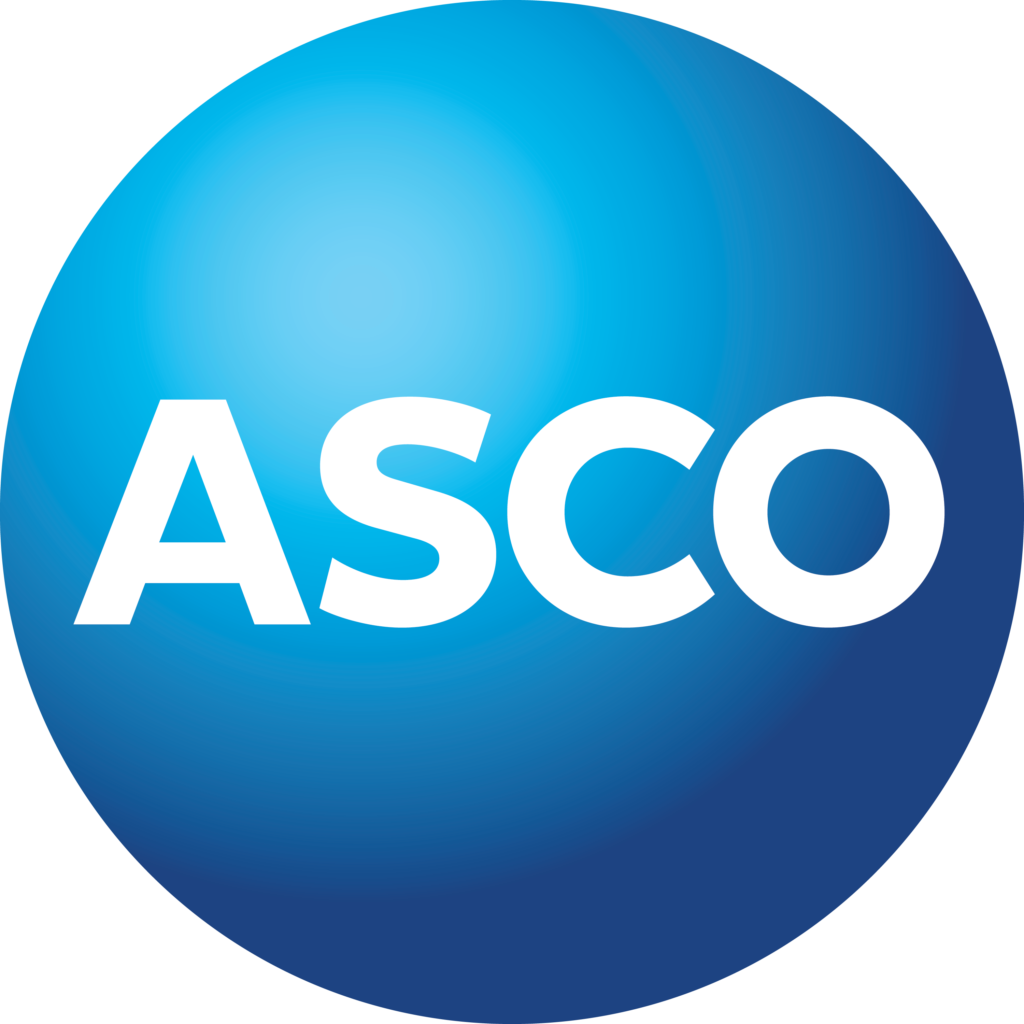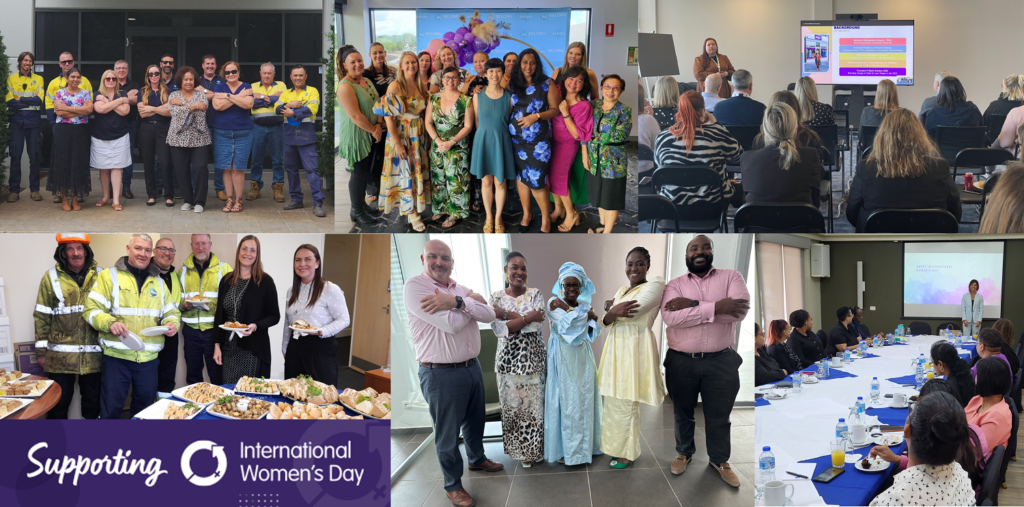OEUK champions a diverse and inclusive working environment through its Diversity and Inclusion Task Group, whose members are drawn from across the sector. Its aim is to lead efforts to raise awareness of the offshore energies sector as an excellent career destination.
The Task Group has created two new toolkits to provide guidance and checklists that companies can use to record their current D&I status and develop strategies. One focuses on recruitment, the other relates to leadership. Companies can use these tools at different stages on their D&I journey, enabling them to assess current initiatives and identify steps toward delivering positive change. The toolkits can be found in the D&I resource webpage here.

We caught up with Allison Thomson of ASCO to see how she’s been using the toolkits.
“I have been with ASCO for almost 4 years, starting with the task of setting up a Project Management Office and driving a transformational improvement programme which included looking at how we drive improvements in D&I and internal culture.
More recently I was asked to take up the role of Group Strategy Manager. As I collated the material, I could see lots of good work had been done, but there were great opportunities for us to refresh and update resources to reflect changes in the external environment.
My review highlighted some gaps. One related to a team focused on driving improvements in Equality, Diversity and Inclusion (ED&I). Like any large organisation, especially one with multiple international locations, ED&I is important but sometimes it can be approached in a disjointed way due to lack of focused resource. I suggested that I would establish a team of willing volunteers from across the globe to help establish a committee and get the conversation started.
When I started in the Group Strategy role, I wish I’d known about the “Developing an inclusive & diverse leadership culture” toolkit. Instead, I started from scratch, searching for good examples on the internet, which was challenging due to the vast amount of data online.
Now I know about the toolkits, they have provided me with a simple framework to evaluate all the work produced by Asco’s leadership team, our extended leadership team, my colleagues in Human Resources and my own work. The toolkit gives me a structured way to identify the gaps in our leadership approach.
It provided a great engagement tool for discussion with the CEO Peter France and HR Director Nicola Smith and enabled me to refine the committee’s objectives and focus on how those gaps should be addressed. It helped clarify our conversations, enabling me to work on the narrative for our group strategy with a focus on positive change, personal responsibility through self-reflection, and building a listening culture where thinking differently is encouraged. It also led to us introducing metrics that measure the improvements we deliver.
Using the toolkit to benchmark our current approach, we could see we’d implemented a lot of great work, so we’re well positioned to continuously improve. We have Annual risk review processes and annual strategy reviews supported by a clearly communicated culture statement, values, vision & mission.
We have Strategy focus groups established to act as the voice of Asco on engagement needs. In 2022, we formed an ED&I committee with representatives from across the organisation acting as Champions supporting group wide events. These include International Women’s Day, supported by an ED&I communication platform launched to provide a central access point to share related information. We have started encouraging mentoring through participation in the Scottish Leaders mentoring programme as well as implementing improvements including female-fit PPE and free feminine products in female bathrooms.
So, what’s next on our journey? Our ED&I committee has agreed to a programme that includes a quarterly focus themes. We have cultural inclusion & awareness sessions where through celebrating events, we are also building cultural awareness material and promoting learning opportunities to promote dialogue on key ED&I topics. We are enhancing ED&I training to include Anti-Bullying and regular refreshers, while also ensuring key documents are translated into local languages and ensuring educational material is available online.
Within the wider company, we are continuing to encourage women to consider roles that have been traditionally male-dominated. We are initiating a number of initiatives including a Behavioural Competence standard, a formal Career Development Process and a new HR system which provides more effective reporting of ED&I progress. On this last point I am keen to get involved with the OEUK D&I subgroup on data to align and contribute to the development of a standard metric set. This will establish an up-to-date picture of the demographics of our industry that is more sophisticated. Only by understanding what our workforce looks like now, can we benchmark ourselves against other sectors and learn from them as we measure our progress.
I recommend using the OEUK D&I toolkits. They provide a great framework that helps organisations to both assess themselves, and identify how they can make a positive change for the future.
